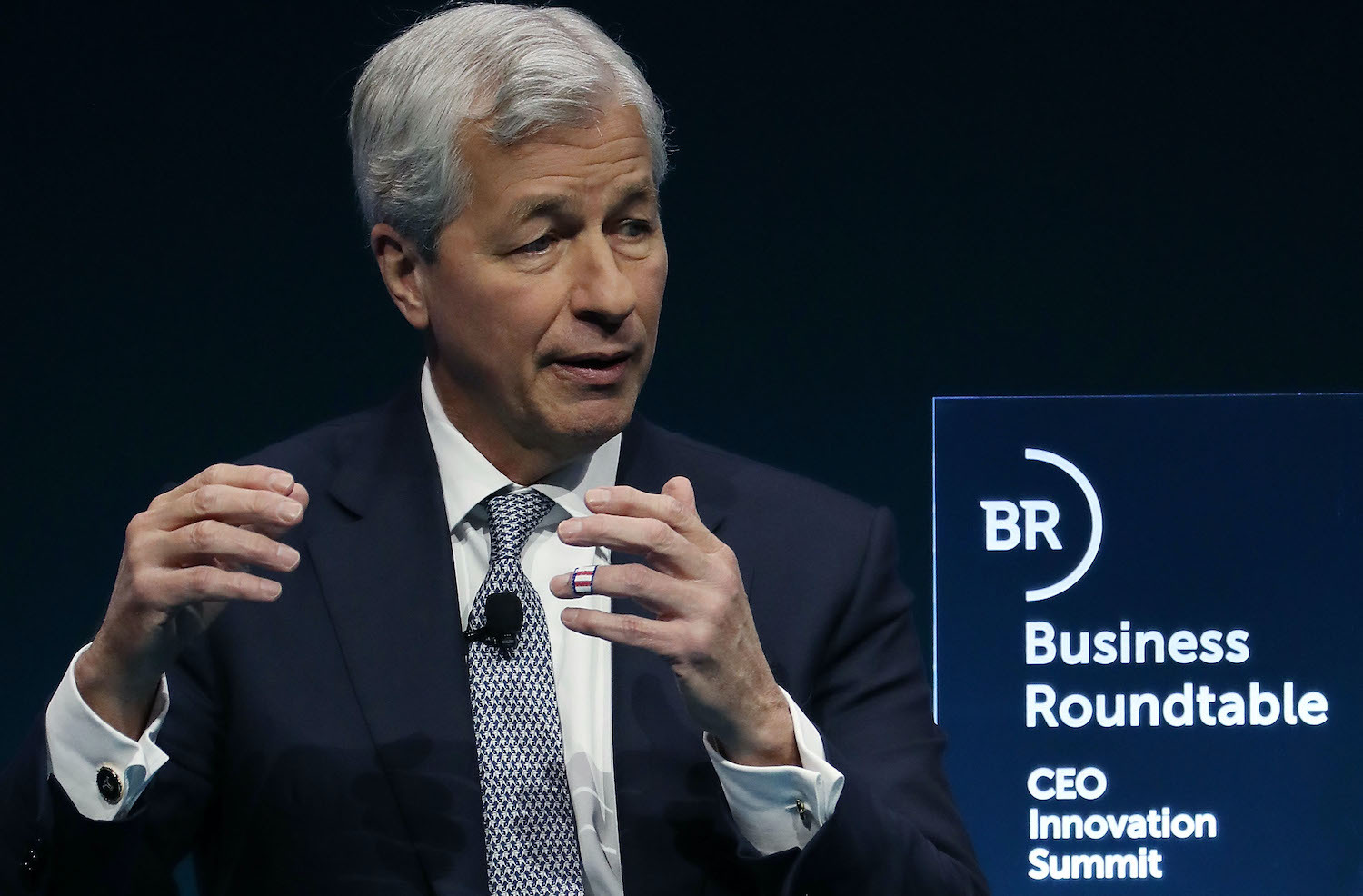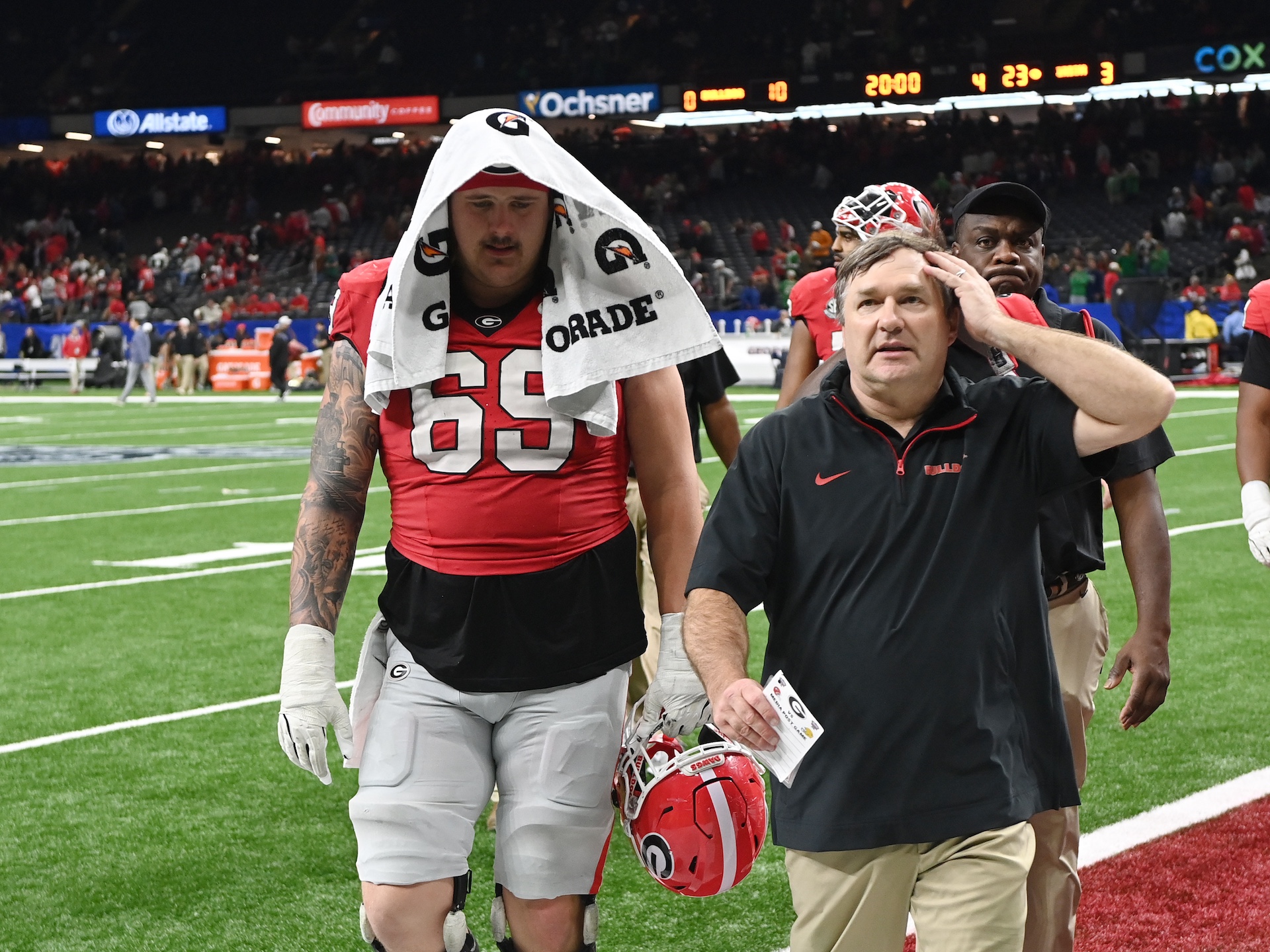The United States' response to the COVID-19 pandemic has, for the most part, reflected the political economic paradigm under which its citizens have lived for a few decades now. In exchange for crushing inequality and in the absence of a substantive social safety net, we at least have access to a rich bounty of consumer goods. As Alex Pareene put it in The Baffler, "Who wants freedom from economic precarity if there’s nowhere to park your truck?" This is more or less the deal we got: Americans did not get healthcare, despite a plague that's killed almost 600,000 people, but at least we got widespread access to vaccines far sooner than any other country in the world. (Countries whose people, it turns out, are in dire need of vaccines our elites desperately do not want to give them.)
Uncharacteristically, some workers have also been supported by either the government or their employers. Millions of service workers were (cynically) called heroes as they were fed into the thresher during the first spike of the pandemic last year, although some people without jobs were at least backstopped. Those of us lucky enough to have jobs on the computer have also mostly stayed home. Labor is still not remotely shielded from exploitation and the richest people in the world are much, much richer now than they were before the plague landed, but those 600 and now 300 extra bucks a week in unemployment insurance matter a great deal. This is probably why, now that a broad but not yet decisive swath of the populace has been inoculated, the nation's bosses are gunning to roll back as many protections as possible.
You have probably seen the stories. Restaurants cannot find enough workers. Massachusetts's hospitality industry is facing a critical labor shortage. These brave small-business owners cannot "compete with the pandemic relief packages' enhanced unemployment payments" and are Speaking Out about it. The owner of something called Curly’s Chicken House is complaining about how people would rather receive money to stay home and be safe than be forced to work at Curly's Chicken House. (It is not hard to see why this story has been the most enticing possible cut of red meat for local TV stations, given who owns them.) But it is not just local small business despots and reflexively pro-business papers hawking this line. The United States Chamber of Commerce, an influential Washington D.C.-based right-wing lobbying group, called for the phasing out of "unprecedented financial assistance" so workers can "rebuild their lives." This sounds distinctly oxymoronic to me, but also I have only been a small-business owner for a brief while.
There is a very long history of the powerful ginning up manufactured worker shortages in order to keep labor from ever gaining leverage and grasping power. Those in power mewling about people in need of assistance actually getting that assistance is also an extremely hallowed American principle. In this case, both traditions have intersected to form the current media push to help service industries more efficiently wring people dry for their labor. What's more, you might not be surprised to learn that the trusty unemployment welfare queen argument doesn't hold up to scrutiny. Unemployment insurance claims continue to decline, and a Yale study found "no evidence that more generous benefits disincentivized work."
That study came out last year, when the pandemic was yet to be tamed by a vaccine and unemployment benefits were twice as high as they are now, and yet that hasn't stopped this zombie narrative from creeping ahead. How selfish, the nation's bosses and their lobby are saying, that you would rather receive money to help you not die rather than submit yourself to my authority in exchange for the lowest hourly wage in any American industry so I can turn a profit on G.J. Fucko's Bar And Grill. This is a risky premise to concede, since what is at stake is not the preservation of the restaurant industry, for instance, but rather the persistence of the restaurant industry's exploitative labor dynamics. These are in many cases horrible jobs with horrible pay, a state of affairs that can only exist when and where there is a large and sufficiently desperate labor pool. These people-won't-work arguments are in point of fact more a people-won't-work-for-this-rate-and-under-these-conditions problem; an employer could always just offer people more money in order to entice them to take the job. It is quite easy. Simply act like a capitalist and compete! Pull those large novelty levers marked "SUPPLY" and "DEMAND." The alleged labor shortage is only a problem if the profit margins of fast food chains are of more concern to you than people living or dying. Just on the merits, even weighing the two as halves of a binary is pretty disgusting. But that's only if you think about it.
Bosses have also begun to reassert their power in a different income tier. After a year-plus of letting people that can work from home do so, they've sounded the call to head on back to the office. Wall Street is calling their workers back. The recently owned-as-hell JPMorgan Chase CEO Jamie Dimon is in the news a lot singing the praises of office work. Google got the New York Times to run a big, soft-edged story about how much care they've put into making their offices fun and zany. WeWork's CEO, perhaps in an attempt to honor his birdbrained predecessor, tried to set a high bar. "Those who are least engaged are very comfortable working from home," the co-working company's CEO told the Wall Street Journal, adding, "People are happier when they come to work."
That's true, but only if you understand that by "people," the WeWork CEO means "me." This one is even simpler to understand than the faux labor crisis: The point of getting workers back into the office is control. Why would you want your employees to have the agency to cleanly silo off work from the rest of their lives when you can keep under your watch, while also throwing the commercial real estate lobby a bone? Tech companies did not make their office spaces into goofaround fun-time play zones in order to make people happier, they did so to keep them at work. This attachment to the workplace is not even really about productivity, the common claim. A raft of studies and surveys (also my 2016-17 run as a night blogger) have pointed out that workers get more done at home. Working in an office is not necessarily horrid, and I know plenty of people who want to be able to get out of the house as soon as possible. The problem is more about requiring that people give up their pandemic-earned flexibility in exchange for more direct supervision by the boss.
Consider InstaCart, a tech company that's spent the pandemic distinguishing itself in areas such as union busting and bribery. They announced this week that lower-level employees on the tech side will have to return to the office starting in September, while more senior employees will be permitted to continue working in their pajamas. InstaCart says it's about gatekeeping access to sensitive internal data; workers told the Verge it's about squeezing them.
"A lot of the roles are easily replaceable," an anonymous employee said. "They can happily find someone else to fill that role if you’re not okay with the policy." Another wrote that returning workers were told to "silence the issue, when reported, rather than find a solution." This sucks, and the income delta between those who do and do not have to come back in really illustrates why the bosses would pull this lever. There is only one—what's that, an email from Tom Ley announcing Defector's new "laptop handcuffs" policy?





